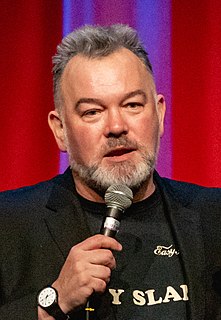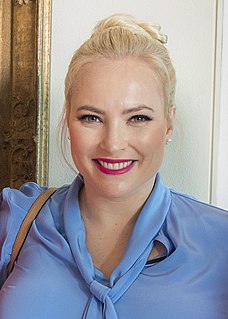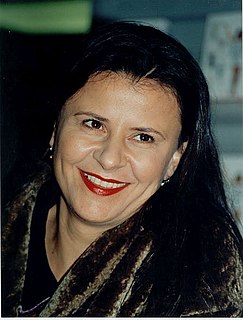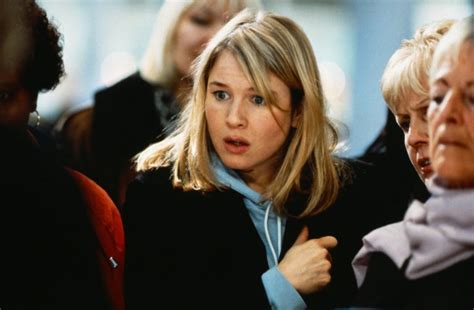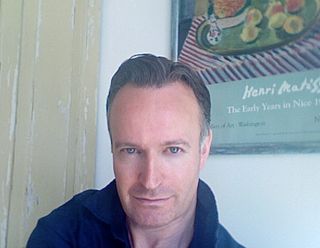A Quote by Stewart Lee
I grew up in Solihull, on the edge of what was then the Birmingham conurbation. It was a good place to write comedy from. I didn't feel allegiance to anything. I didn't have working-class pride or upper-class superiority.
Related Quotes
The working class of England today have no vision of society beyond the acquisitive - no version of themselves or their habits as anything other than transitional, on their way up or on their way out. The working class, at best, is a waiting room for people who aim to become middle class if possible.
